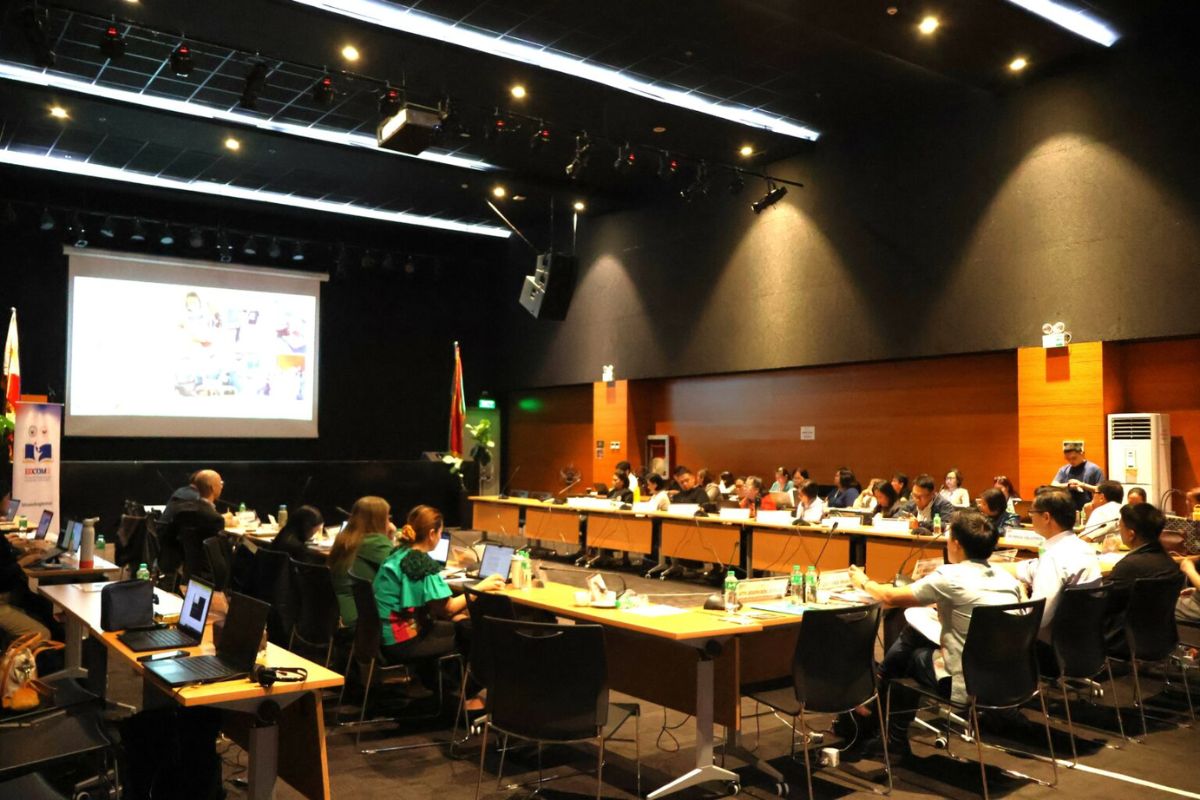EDCOM 2 CALLS FOR UNIFIED AGENCY ACTION TO FIX NUTRITION PROGRAMS IN EARLY YEARS
THE SECOND Congressional Commission on Education or EDCOM 2 has urged Department of Health, National Nutrition Council and the Early Childhood Care and Development Council to regularly coordinate to implement uniform policies and programs for children’s nutrition.
This was after the findings of EDCOM 2 emphasizing the need to address governance, implementation, and resourcing issues as these impede the efficient monitoring, evaluation, and successful implementation of crucial health and nutrition programs.
The lack of institutionalization of effective practices at the national level also hinders equitable access and opportunities in LGU practices for health and nutrition.
In an attempt to address the high prevalence of malnutrition and stunting in the country and reduce stunting prevalence to 13.5% in 2028, the DOH is currently implementing various nutrition programs.
Republic Act No. 11148 or the First 1,000 days law seeks to institutionalize the convergence and scale-up of programs from different sectors around the critical first 1,000 days of life, and also focuses on strengthening the implementation and enforcement of the existing nutrition-related laws and policies.
Aside from the existing nutrition programs, the Philippine Multisectoral Nutrition Project was also launched to increase the utilization of a package of nutrition-specific and nutrition-sensitive interventions and improve key behaviors and practices known to reduce stunting in targeted local government units.
While the efforts on nutrition specific interventions are commendable, the Commission pointed out how implementation of nutrition and feeding programs is fragmented, lacking coordination among agencies concerned.
Despite the regular coordination with their local counterparts, the lack of data about the status of the local implementation of these nutrition related programs is apparent.
The DOH states that they are only able to monitor provinces and cities, and not the municipalities that are not covered by the PMNP.
Despite requiring LGUs to develop their respective local nutrition plans, the NNC also has no clear mechanism to monitor the implementation of these plans.
The Commission likewise pointed out the confusion among LGUs as to the roles of the NNC and local health offices.














